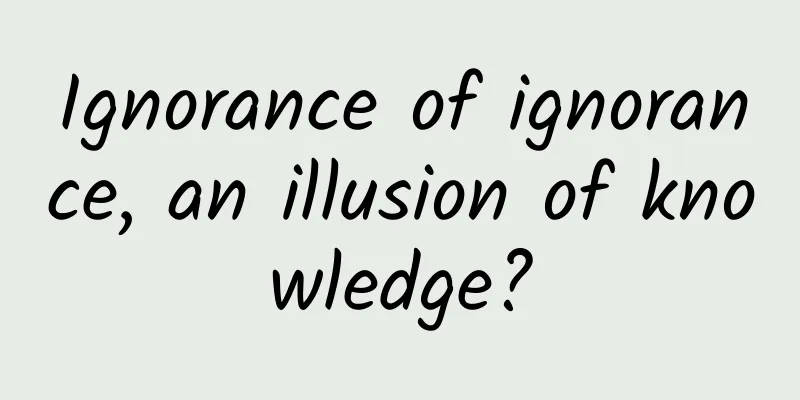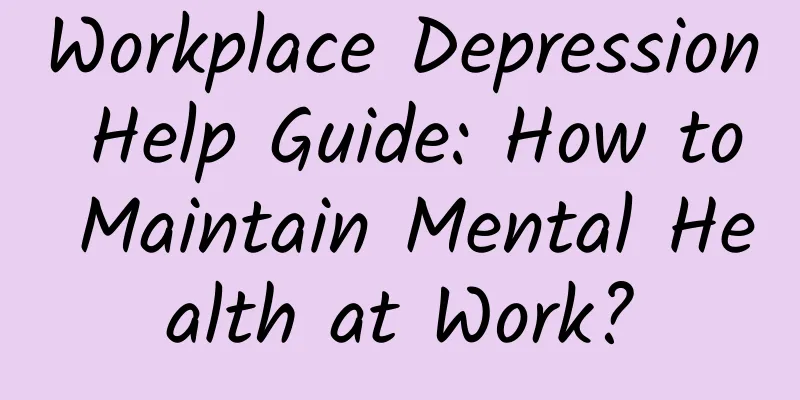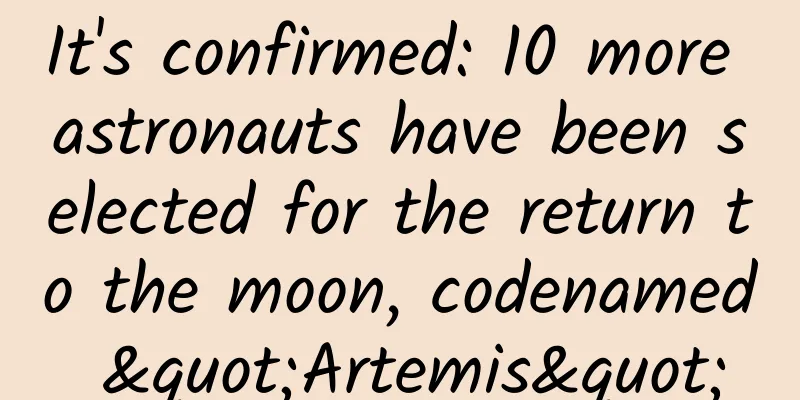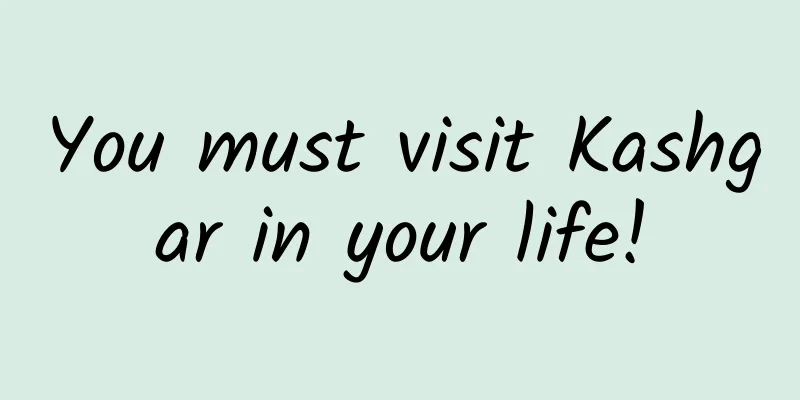Ignorance of ignorance, an illusion of knowledge?

|
Leviathan Press: I saw it somewhere a long time ago: If you ask an adult how a bicycle works, he will definitely think that this is a question that any fool knows the answer to. However, once you ask him to draw what he thinks is the working principle of a bicycle through a simple diagram, the result will be very embarrassing: many people's drawings are wrong. This is a typical knowledge illusion: we think we know a lot, but when asked about the details of the technology, we may realize that our cognition is taken for granted and generalized. Of course, in a sense, this is also the inevitable result of the continuous refinement of knowledge. Most people don’t actually need to know the principles behind it, but it does not prevent us from enjoying the convenience brought by new technologies. However, don’t underestimate the problems exposed. For example, in many fields, people will make strong emotional judgments after having only a superficial understanding of some issues. Such emotional judgments are particularly prone to form some extreme group thinking because of the group's fragmented nature and it is difficult to listen to information outside the circle. If you consider yourself to be reasonably intelligent and well-educated, you might think you have a pretty good understanding of the core workings of the world and some familiarity with the inventions and natural phenomena that surround us. Now think about these questions: How are rainbows formed? Why might a sunny day be colder than a cloudy day? How do helicopters fly? How does a toilet flush? Next, ask yourself: Can you give detailed answers to any or all of these questions, or do you only have a general idea of what each situation is? If you're like many participants in psychology studies, you probably thought you were going to do pretty well at first. But when they were asked to go into depth on each question, most were completely stumped, just as you probably are a little stumped right now. © Darwinian Business This bias is called the "illusion of knowledge." You may think these examples are trivial—after all, they are questions that a curious child would ask, and the worst that can happen is that you lose face in front of your family. However, this illusion of knowledge can affect our judgment in many areas, such as when we are interviewing, we may exaggerate our knowledge, ignore the contributions of our colleagues, or even take a job that we are completely unable to handle. Many of us may go through life without even realizing this intellectual hubris and its consequences. The good news is that some psychologists believe there are some super-simple ways to avoid this cognitive trap. Unknown unknowns The "knowledge illusion" (also known as the "illusion of explanatory depth") was first revealed in 2002. In a series of studies[1], Leonid Rozenblit and Frank Keil of Yale University provided participants with examples of explanations of scientific phenomena and technological mechanisms and asked them to rate them on a scale from 1 (very vague) to 7 (very clear). This ensured that all participants were in agreement on what constituted a “vague” or “clear” understanding of a topic. Then the test began. Faced with more scientific and technical questions, participants had to rate how well they thought they could answer each question using the same rubric, then write down their explanation in as much detail as possible. The duo found that participants’ initial assessments of their understanding were often overly optimistic. They thought they could write paragraphs on the topic, but often provided only the most basic outlines of their responses, and many were surprised afterward by how little they knew. The researchers suspect that this overconfidence stemmed from the participants’ ability to mentally visualize the concepts involved ; for example, the ease with which they could visualize the flight of a helicopter made them more confident in their explanations of the mechanics of its movement. © PilotCareerHQ Since this seminal paper, psychologists have uncovered the knowledge illusion in many different contexts. For example, Matthew Fisher, an assistant professor of marketing at Southern Methodist University in Texas, found[2] that many college graduates greatly overestimated their understanding of their major upon leaving school. Similar to the first experiment, participants were asked to rate their understanding of different concepts before providing detailed explanations. However, this time the questions were about subjects they had studied years earlier. Due to the natural decay of memory, participants seemed to have forgotten many important details, but they did not notice how much knowledge they had lost, which led them to be overconfident in their initial predictions. In judging their understanding, they assumed they knew the same amount as if they were fully immersed in the subject. Many people overestimate their ability to learn by watching others, leading to the "illusion of skill acquisition." © Terence Eden's Blog Further research shows[3] that the ease of access to online resources may exacerbate our overconfidence because we mistake the rich knowledge on the Internet for our own memory. © Wikipedia Fisher asked one group of participants to answer questions, such as "How does a zipper work?", using a search engine, while another group was simply asked to assess their understanding of the topic without using any additional sources. Afterward, both groups of participants took the original test on the knowledge illusion and answered four additional questions, such as “How do tornadoes form?” and “Why are cloudy nights warmer?” He found that people who used the Internet for the initial problem showed greater overconfidence in the subsequent task. Skill Acquisition Illusion Perhaps more seriously, many people overestimate their ability to learn by observing others, leading to the “illusion of skill acquisition”[4]. Michael Kardas, a postdoctoral researcher in management and marketing at Northwestern University, had participants watch videos of various skills, such as throwing darts or doing the moonwalk, up to 20 times and then estimate their own abilities and then attempt to perform the task. Most participants felt that simply watching the film clips helped them learn these skills, and the more times they watched the videos, the greater their initial confidence. The reality, however, was rather disappointing. “People thought that if they watched the video 20 times, they would score higher than if they watched it once,” Kadas said, “but their actual performance showed no evidence of any learning.” Surprisingly, passive observation can even increase confidence in one’s ability to perform complex, life-threatening tasks, such as landing an aircraft[5]. Kayla Jordan, a PhD student at the University of Waikato in New Zealand, led the study and was directly inspired by Kadas's research. "We wanted to test the limits of this phenomenon - whether it applies to real expertise," she said, noting that flying an airplane requires hundreds of hours of training and a deep understanding of physics, meteorology and engineering, which cannot be learned from a short video. Participants were first told, "Imagine you are on a small commuter plane. Due to an emergency, the pilot is incapacitated and you are the only one who can land the plane." Half of the participants then watched a 4-minute video showing the pilot landing the plane, while the rest did not see the video. © Laughing Squid Crucially, the film doesn't even show the pilot's hand movements during this entire process - it's completely useless for instruction. Yet many people who have seen the video have become more optimistic about their ability to land a plane safely. “Their confidence increased by about 30 percent relative to people who didn’t watch the video,” Jordan said. Real-life dilemmas These illusions of knowledge can have important consequences. Overconfidence in your knowledge may mean that you don’t prepare well enough before an interview or presentation, and you may feel awkward when you need to demonstrate your expertise. Overconfidence can be a particular problem when seeking a promotion. When observing others from a distance, you may think you know what the job entails and that you have the necessary skills. However, once you start working, you may find that the role is more complex than it appears. © Getty Images Overconfidence can also cause us to underestimate the value of our colleagues. Just as we mistake knowledge we glean from Google searches as our own, we may not realize how much we rely on the skills and abilities of those around us. “When people see the skills and knowledge base of others, they can sometimes mistakenly assume that’s part of what they know,” Jordan said. If we start to take credit for our colleagues’ knowledge, we may be less likely to remember and appreciate their contributions—a form of hubris that’s common in offices. Overestimating our knowledge and forgetting about the support of others can also lead to serious problems when we try to complete a project on our own. What can people do to avoid these pitfalls? One simple solution: test yourself. For example, if you're assessing your ability to perform an unfamiliar task, don't rely solely on your knowledge of the vague concepts that might be involved. Instead, spend more time thinking carefully about the specific steps required to achieve your goal. You may find that there are huge gaps in your knowledge that you need to fill before you can step up on your own. Even better, you can find an expert and ask them what they're doing - such a conversation should correct any arrogant assumptions you may hold. Given the potential for technological aids to inflate your confidence in your knowledge, you can also examine your own online habits. Before turning to an Internet search, pause and do your best to recall the facts, Fisher suggests. By consciously recognizing the gaps in your thinking, you may begin to more realistically assess your memory and its limitations. “It requires a willingness to be frustrated,” he says. “You have to feel your own ignorance, and that can be a little uncomfortable.” The overall goal is to cultivate some humility—one of the classic “intellectual virtues” espoused by philosophers. By recognizing our intellectual illusions, and acknowledging the limits of our understanding, we may all be able to sidestep some unfortunate thinking traps and enjoy more informed thinking and decision-making. By David Robson Translation/Yuba and Thin Bamboo Proofreading/Rabbit's Light Footsteps Original article/www.bbc.com/worklife/article/20220812-the-illusion-of-knowledge-that-makes-people-overconfident This article is based on the Creative Commons License (BY-NC) and is published by Yuzhu and Shouzhu on Leviathan The article only reflects the author's views and does not necessarily represent the position of Leviathan |
Recommend
Let's talk about hot reloading in Swift
Introduction The year is 2040 and our latest MacB...
Gaoligong, why is he great?
↑A group of National Geographic fans, focusing on...
How to monetize short videos? Here are 7 ways
In recent years, short videos have been very popu...
Chengdu tea tasting resource strategy is shared with everyone. All those who have arranged it are pushed [Sincere Night View]
Guide to tea tasting resources in Chengdu: Senior...
A complete guide to ToB product operation and promotion
Product promotion can be divided into new functio...
How to improve product user activity and retention through UGC design?
This article will start with five discussion poin...
Comprehensive plan for Tik Tok short video marketing and promotion in 2019!
Follow the official account " Operation Uncl...
Visible to the naked eye! Is the nova 2,600 light-years away from Earth going to be "in a bad mood" again?
Author | Zhou Yihao Review | Huang Jian, Zhao Jin...
Understanding iOS memory management
Stories from ancient times Those who have experie...
How is the interest on early repayment of Youqianhua calculated? How much is the interest on the money spent per month?
Many people choose Youqianhua when they want to b...
Can fried oil really not be reused multiple times? The answer is not what people think
People who like to eat snacks should have seen fr...
How to choose a promotion channel that suits you based on the characteristics of short video channels?
There are new ideas every year, but this year the...
Internet celebrity brands in 2020: breaking the circle, becoming popular, and facing challenges
In 2020, from Perfect Diary in the beauty industr...









